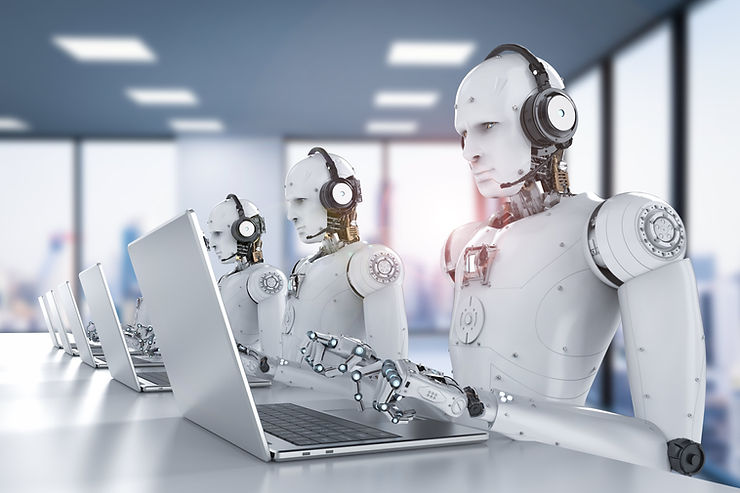By: Claire Zhou
AI has advanced and grown ever since it first started, and technology is now used
to do dirty and repetitive jobs.
25-year-old copywriter in San Francisco, Olivia Lipkin, didn’t think too much
about it at the beginning. However, articles about how to use the chatbot on the
job began appearing on the internet. The managers said using ChatGPT was
cheaper than paying a writer, and so Olivia got laid off.
Some economists predicted that artificial intelligence, like ChatGPT, could soon
replace hundreds and millions of jobs, as it improves.
Internet jobs are being impacted first, because they are already being replaced with tools like chatbot. However, experts say that even advanced AI isn’t the same as the writing skills of a human. It lacks personal voice and style, and it often turns out wrong,
nonsensical or biased answers.
The recent wave of generative artificial intelligence, which uses complex
algorithms that use the words and images from the internet to produce text, images
and audio. It has the potential for new problems.
Goldman Sachs predicts that 18% of work could be done by AI. The White
House also said in a December report that “AI has the potential to automate
‘nonroutine’ tasks, exposing large new swaths of the workforce to potential
disruption.”
People are looking for fast and cheaper ways to do work, and that’s only capable
by using AI.











